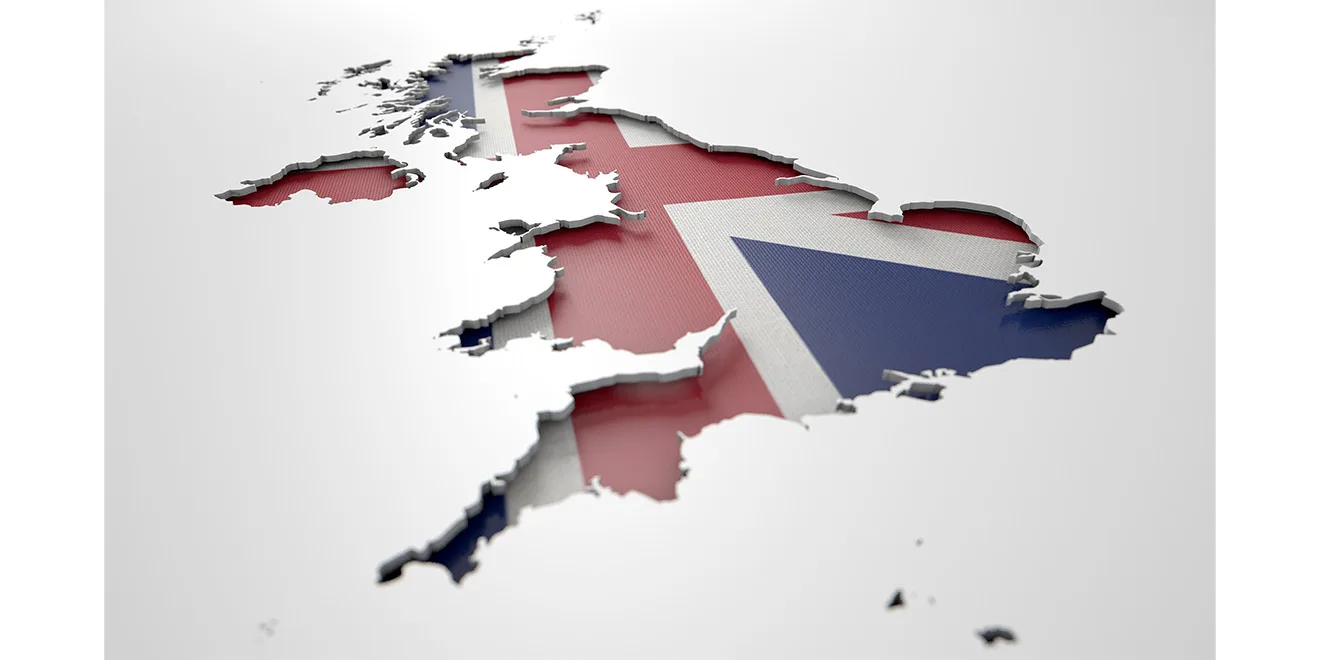The UK’s net zero economy is booming, but remanufacturing remains an untapped sustainability powerhouse.
 Cartridge remanufacturing has been leading the green reuse agenda for nearly 40 years, long before sustainability became a mainstream priority. Yet, as the UK’s net zero economy takes off, this pioneering industry is facing mounting challenges.
Cartridge remanufacturing has been leading the green reuse agenda for nearly 40 years, long before sustainability became a mainstream priority. Yet, as the UK’s net zero economy takes off, this pioneering industry is facing mounting challenges.
The latest report from the Energy and Climate Intelligence Unit (ECIU) highlights a 10.1% increase in 2024, contributing £83.1 billion ($106.3 billion/ €97.2 billion) in Gross Value Added (GVA) and supporting nearly a million jobs. The transition to a low-carbon economy is reshaping industries, with clean energy, electric vehicles, and circular economy solutions driving growth. However, remanufacturing—the original circular economy model—is being left behind.
A thriving green economy
The net zero economy is not just about carbon reduction—it is a key driver of economic productivity. According to the ECIU, jobs in this sector are on average 38% more productive than the UK economy as a whole, generating £105,500 ($135,000/ €123,500) per worker. Regions such as Scotland, Yorkshire & the Humber, and Northern Ireland are seeing particularly strong growth in green industries.
Private investment is also pouring into net zero businesses, with £23 billion ($29.4 billion/ €26.9 billion) invested since 2019 and £1.1 billion ($1.4 billion/ €1.3 billion) in Innovate UK grants helping to scale innovation. This influx of capital is fueling advancements in clean energy, heat pumps, battery technology, and circular economy solutions.
The role of circular economy in net zero
One of the often-overlooked aspects of the net zero transition is the role of remanufacturing and resource efficiency. The circular economy—where products are reused, refurbished, and remanufactured rather than discarded—plays a crucial role in reducing emissions and waste.
The office imaging sector is a prime example. With over a billion ink and toner cartridges sold worldwide each year, remanufacturing cartridges can reduce carbon emissions by approximately 25% to 60% compared to new cartridges. This reduction aligns with the UK’s broader sustainability efforts and makes remanufacturing a key contributor to net zero targets.
Despite its environmental benefits, remanufacturing remains underrepresented in funding and policy discussions. Government initiatives tend to focus on large-scale energy transitions, but supporting industries that prevent waste at the source could offer immediate sustainability gains. With upcoming policies such as the EU Ecodesign Regulation and the Digital Product Passport (DPP), there is an opportunity to integrate remanufacturing more fully into the UK’s net zero strategy. While DPP remains a long way off, an early introduction, even on a voluntary basis, could make a significant difference by ensuring greater transparency and encouraging sustainable choices across the sector. In the post-Brexit world, the early adoption of DPP by the UK government could provide a major boost to UK remanufacturers, helping them stand out in global markets and reinforcing the nation’s leadership in sustainable manufacturing.
Challenges and opportunities
While the net zero economy is thriving, challenges remain. The influx of non-compliant, low-quality imports in the imaging sector, for example, undermines legitimate remanufacturers who operate within sustainability standards. At the same time, low-value imports, often of unknown quality, slip through the net. No inspections, no duties paid, and no contribution to dealing with the end-of-life of the product. That burden falls on UK businesses. ETIRA and other industry bodies continue to push for tighter regulations to ensure that the market supports genuinely sustainable products.
If the UK government is serious about reaching net zero, it needs to connect policy with purchasing. Currently, government procurement mandates the lowest cost, rather than prioritising best value, reuse, and UK jobs. Remanufacturing and circular economy initiatives must be given greater prominence. Recognising the role of resource efficiency in policy and funding decisions could enhance job creation, reduce emissions, and establish the UK as a leader in sustainable manufacturing. Furthermore, the government should prioritise the use of locally produced remanufactured products, ensuring that taxpayer-funded procurement supports sustainable businesses within the UK.
A path forward
The ECIU report underscores the economic and environmental benefits of the net zero transition. The challenge now is ensuring that all sectors contributing to sustainability—including remanufacturing—receive the recognition and support they need. With the right policies and investment, the UK can unlock even greater growth, reinforcing its position as a leader in the global green economy.




















